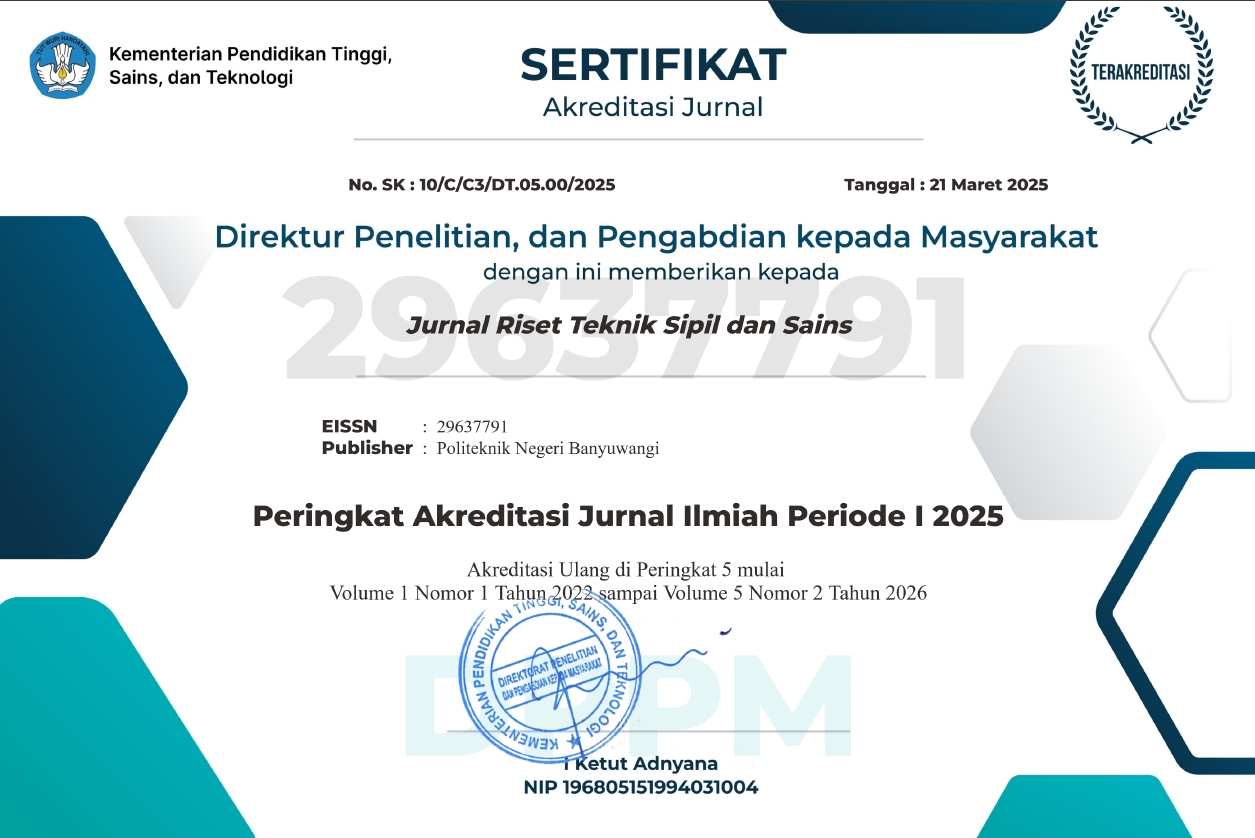Publication Ethics
The articles in J-Riteks Journal are published through a series of publishing stages and involve various parties. Therefore, it is necessary to have an agreement on the ethical standards of publication among the various parties involved, including: Manager, editors, reviewers and authors. The statement of the code of ethics for this publication is based on the Regulation of the Head of the Indonesian Institute of Sciences (LIPI) number 5 of 2014 concerning the Code of Ethics for Scientific Publications.
The code of ethics for scientific publications aims to improve the quality of scientific journals in accordance with the quality standards of international scientific journals and to assist scientific journal managers in applying the ethical values of publication, namely: neutrality, fairness and honesty.
Neutrality, which is free from conflicts of interest in the management of publications; Justice, namely giving authorship rights to those who are entitled as authors/writers and Honesty, which is free from duplication, fabrication, falsification, and plagiarism in publications.
The Duties and Responsibilities of Journal Manager
- Determine the name of the journal, scientific scope, periodicity, and accreditation if necessary.
- Determine the membership of the editorial board.
- Define the relationship between publishers, editors, review partners, and other parties in a contract.
- Appreciate things that are confidential, both for contributing researchers, authors/writers, editors, and review partners.
- Implement norms and provisions regarding intellectual property rights, especially copyrights.
- Review the journal's policy and submit it to the authors, the editorial board, reviewers, and readers.
- Create guidelines for rules and ethics of conduct for editors and review partners.
- Publish journals regularly.
- Ensure the availability of funding sources for the sustainability of journal publications.
- Build a network of cooperation with research institutions and related agencies
- Prepare permits and other legal aspects.
The Duties and Responsibilities of Editors
- Meeting the needs of readers and writers,
- Strive to improve the quality of publications on an ongoing basis,
- Implement processes to ensure the quality of published papers,
- Prioritizing freedom of opinion objectively,
- Maintaining the integrity of the author's academic track record,
- Submit corrections, clarifications, and apologies if needed,
- Responsible for the style and format of writing scientific papers, while the content and all statements in the written work are the responsibility of the author.
- Actively solicit opinions from authors, readers, review partners, and members of the editorial board to improve the quality of publications,
- Conduct periodic internal evaluations of the quality of scientific journals
- Support initiatives to reduce research and publication errors by asking authors to attach an Ethics Clearance form that has been approved by the Ethics Clearance Commission,
- Support initiatives to educate researchers on publication ethics,
- Reviewing the effects of publication policies on the attitudes of authors/writers and peer reviewers and improving them to increase responsibility and minimize errors,
- Have an open mind to new opinions or views of others that may conflict with personal opinions,
- Not defending one's own opinion, the author or a third party which may result in an unobjective decision,
- Encouraging authors/writers to make improvements to their written works so that they are worthy of publication.
The Duties and Responsibilities of Peer Reviewers
- Reviewing the written work and submitting the results of the study to the editor, as material for determining the feasibility of a written work to be published,
- Papers are reviewed in a timely manner according to the style of the publication environment based on scientific principles (data collection methods, author's legality, conclusions, etc.) that have been determined.
- Reviewing the written work that has been repaired in accordance with predetermined standards,
- Encouraging authors/writers to make improvements to their written work by providing criticism, suggestions, input, and recommendations so that they can make improvements to the paper until it is worthy of publication.
- Maintain the author's privacy by not disseminating the results of corrections, suggestions, and recommendations by providing criticism, suggestions, input, and recommendations
- The reviewer does not conduct a scientific study of the written work that involves himself, either directly or indirectly.
The Duties and Responsibilities of Authors
- Ensure that those included in the list of authors have met the criteria as authors,
- Collectively responsible for the work and content of articles including methods, analysis, calculations, and details.
- State the origin of resources (including funding), either directly or indirectly.
- Explain the limitations of the study.
- Respond to comments made by peer reviewers and the editorial board in a professional and timely manner.
- Inform the editor in writing when he will withdraw his written work.
- Make a statement that the paper submitted for publication is original, and has never been published anywhere and in any language, and is not in the process of being submitted to another publisher.





